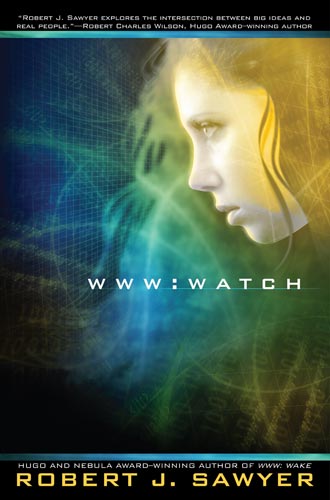I've been reading some of the Harry Potter books, and I've noticed that Rowling likes to use a suspense technique at the beginning of her stories that I've never been enamored with. I'll call it the "suspended information" technique. (If there's a formal term for this, please comment!). Here's how Rowling uses it in the
Goblet of Fire: The various adults hint and comment that "something big" is
coming during the next school year, but they refuse to say what it is. Pretty soon, it sounds like
everyone knows what this "something big" is except Harry and his friends. Even his minor
nemesis Malfroy knows and taunts Harry for his ignorance. Finally,
Dumbuldore lets the cat out of the bag: the
upcoming Tri-wizard Tournament. At that point, we get a big info dump about what the tournament is, how it works, etc.
Rowling uses a similar technique in
Order of the Phoenix, keeping Harry ignorant of what
Voldemort has been up to until another big
info dump happens.
Like I said, I'm not crazy about this technique. It creates somewhat of a false sense of suspense because, in reality, the protagonist could find out the information sooner rather than later. The author has simply manipulated the plot so that information is
withheld. The "suspense" is the timing of the author's reveal of information that should be readily available. On the other hand, I confess that Rowling uses this technique to her advantage because (1) she injects some suspense where otherwise there wouldn't be much until the larger plot develops further; (2) it disguises the info dump. In other words, since the
protag so desperately wants to know the revealed information, we as readers don't mind a whole much of narrative and dialogue that is really
backstory and/or
worldbuilding.
This technique should not be confused with another so-so
suspense technique, where the author and the
protag collaborate to keep the reader in the dark. A crude example of this would be: "Joe had to sit down as he read the letter from his father. He felt like he was going to be sick. He couldn't couldn't imagine finding out anything more horrible." [end chapter]. The next chapter takes place three days later, with Joe going about his normal life. Joe never bothers to inform the reader what was in the letter. We only find out several chapters later. (And, even worse, we find out it's not so horrible and Joe
overreacted.)
This technique feels like a cheat. As readers, we feel we have a right to know what's going on in our
protag's head, which includes knowing the information our
protag knows. In the above example, the chapter-ending cliffhanger would be okay if, in the next chapter we see Joe, we soon find out what horrible information the letter revealed. But withholding this info from the reader for long periods usually only serves to piss off readers. (I can think of a few examples where this technique has worked, but I can't really explain why).





